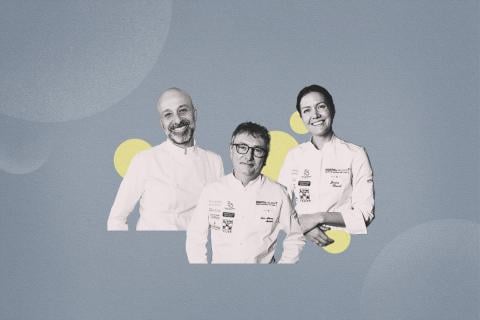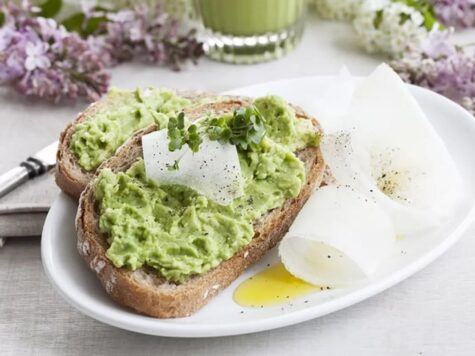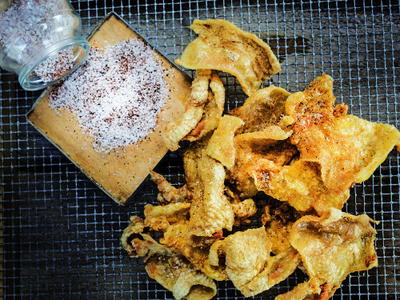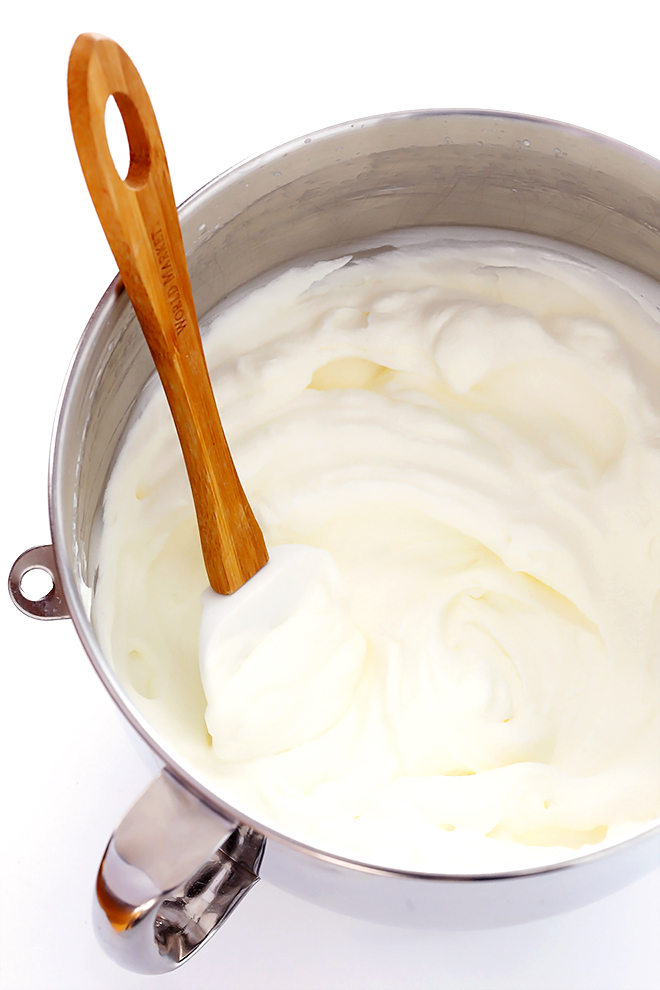
When Noma announced that it would be closing its doors, a deluge of long form newspaper articles followed pronouncing that ‘fine dining is dead’. It is of course true that things have changed drastically in the last two years, and many, many businesses have had to revise their business models. But is it true that fine dining is dead? We asked three world leading chefs what they thought. Reports of the death of fine dining have been greatly exaggerated, it seems.
Andoni Luis Aduriz, Mugaritz
“I think that saying that is like saying that poetry is dead, or that everything has been invented in music, imagine how sad it would be to think like that. Human beings have the capacity to imagine the future, which is one of the characteristics that differentiates us from animals.
“We are capable of thinking and programming tomorrow when it doesn’t even exist. We cannot be so clumsy as to forget our capacity to expand the future, to unbutton options that we do not even imagine now. What I would like to say is that haute cuisine does not die, but mutates, that what dies sometimes is the haute cuisine inside some people.”
Niko Romito, Reale Casadonna
“I absolutely disagree, fine dining is not dead. Nor is it unsustainable, if thought of in a different light. I also think it is necessary to distinguish fine dining from research cuisine: the former simply corresponds to sophisticated cuisine, in an elegant setting, while research cuisine is that of innovation, which wants to convey real content, to be avant-garde. They are not always synonymous. Today, the latter is certainly going through a tough time, there are many challenges in writing the cuisine of tomorrow, but it is not a crisis, rather, a turning point.”
Jessica Rosval, Casa Maria Luigia
“How are you defining fine dining? It all comes back to how the staff are being treated and the cost of operations for restaurants. Fine dining as we knew it where it was overworked, underpaid, burned out guys, poorly managed places, then, yes, I hope that’s over. We don’t need that any more.
“Fine dining, if it means a beautifully prepared, well thought out gastronomic experience, then no. That’s my job as a chef, that’s all chefs’ jobs. How can we all create these experiences? We’re not just free to create any dish we want. We have to take all our parameters into consideration. If I am a chef and I want to do a fine dining menu, I have a tiny kitchen, I have four pots and pans, and I have three cooks, a dishwasher and two waiters… what is the highest version of fine dining that I can create within these parameters? You find a way to express yourself, it can be the most incredible ingredient.
“It can be a simple dish. Every little thing that you put on a plate, represents time. The time that it took to prepare. How can we simplify our dishes and still create the expressions and the experiences? How can we focus in on the essence of what we want to say, and do it in a smart way, where we’re not creating these unsustainable environments any more, and that’s the challenge.
“Is fine dining dead? That old one? I hope so, but now we’re opening a new door to express ourselves, taking away all of that excess. We don’t need excess any more. We need truth, we need honesty, and we need clear thought and respect. If I respect my workers, I’m not going to make them work 18 hours a day. I want them to love what they do and I want them to still be doing this job in 10 years’ time.”




